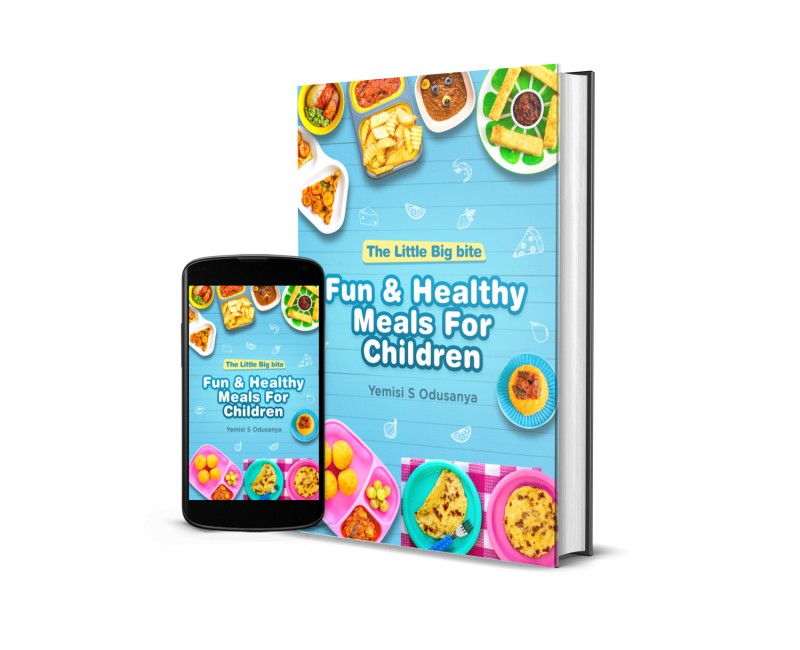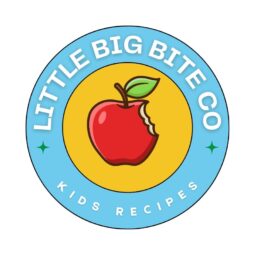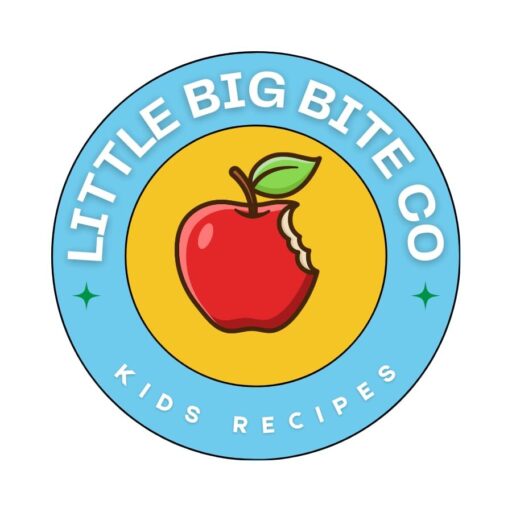No products in the cart.
How to Help Your Child Eat Independently
(Without Spoon-Feeding Them Forever)
One of the biggest milestones in childhood development is independent eating. While it’s tempting to feed your child yourself especially when you’re in a hurry or hate mess ;spoon-feeding for too long can delay self-feeding skills and even affect confidence at mealtimes.
So how do you transition from “let me feed you” to “you’ve got this”? Here’s how to encourage independence at the table; no pressure, no drama, just steady progress.
1. Start Early with Finger Foods
Babies as young as 6 months (when developmentally ready) can pick up soft finger foods and feed themselves. Starting early helps build hand-eye coordination and confidence.
Try this:
- Soft boiled yam or sweet potatoes in strips
- Banana chunks or avocado slices
- Small pieces of boiled carrot or soft rice balls
- Mini pancakes or fruit sticks
The mess is part of the process—embrace it!
2. Ditch the Adult Spoon—Use Baby-Friendly Utensils
Using the same spoon you eat with may not work for little hands. Invest in baby forks and spoons with short, chubby handles made for self-feeding.
Pro Tip: Pre-load the spoon with a little food and let your child guide it to their mouth. They’ll get the hang of it with time.
3. Serve Meals in a Way They Can Handle
Cut food into manageable sizes, use divided plates, and place their food where they can easily reach it. Avoid soups or runny foods in the early days; go for thicker, scoopable options.
Great self-feeding foods include:
- Oatmeal
- Rice and beans (mashed slightly)
- Boiled plantain pieces
- Scrambled eggs
- Pasta with a thick sauce
4. Make Mealtimes Calm and Unrushed
When you’re anxious or in a hurry, it’s tempting to grab the spoon and just feed them yourself. But kids need time to explore, figure it out, and learn.
Set them up for success:
- Use a high chair with a footrest
- Turn off distractions
- Eat alongside them so they can copy you
5. Offer Praise, Not Pressure
Don’t force them to eat a certain amount or get every bite in their mouth. Clap for effort, not perfection.
“Wow! You scooped that all by yourself!”
“You’re doing such a great job feeding yourself!”
Positive reinforcement builds confidence.
6. Be Consistent and Patient
Yes, they’ll make a mess. Yes, food will land on the floor. But don’t give up and grab the spoon every time. The more practice they get, the more independent they’ll become.
7. Encourage Family-Style Eating
Let your child serve themselves (with help) from shared bowls. It gives them a sense of control and teaches portion awareness.
Even toddlers can scoop rice or take a slice of yam. It’s a big win for their self-esteem!
Final Thoughts: Raise a Confident Eater, Not a Perfect One
Independent eating isn’t about getting everything perfectly into the mouth ; it’s about helping your child learn how to feed themselves, at their own pace, with your guidance.
It’s messy, it’s slow, but it’s worth it.
🌟 Want help making meals your child can feed themselves?
Download my “Little Big Bite” Kids’ Cookbook packed with finger foods, fun snacks, and nutritious recipes made for little hands.
Because every bite they take on their own is a step toward confidence and independence.

THE LITTLE BIG BITE : Fun & Healthy Meals For Children
Little Big Bite is a Nigerian – centric Children’s Cookbook (Nigerian kids recipes). As a mom of 5 , I am very involved in what they eat and I have gone through picky eating, not knowing what to feed my children to eventually figuring it out. This book is for anyone trying to feed children exciting, yummy, healthy meals that are guaranteed plate-clearers. These meals are presen…
Original price was: ₦12,000.00.₦7,000.00Current price is: ₦7,000.00.


